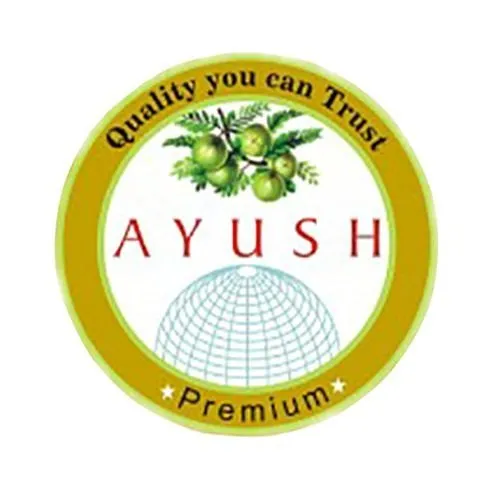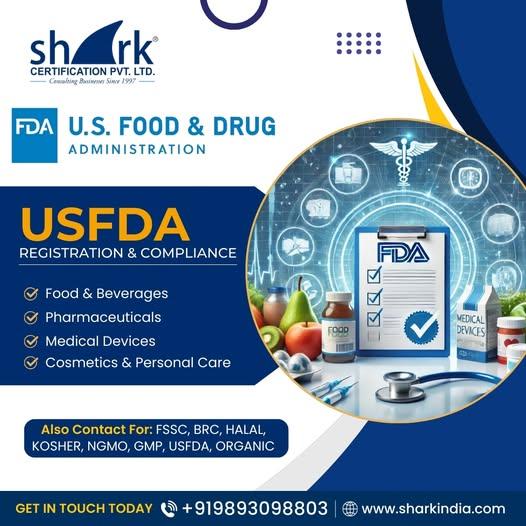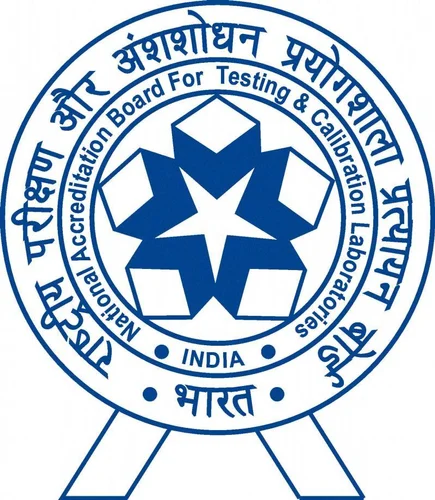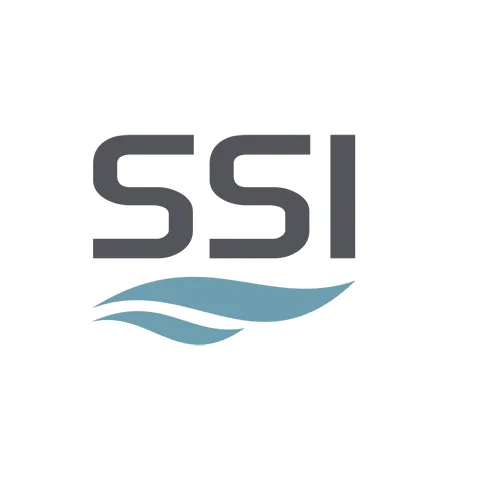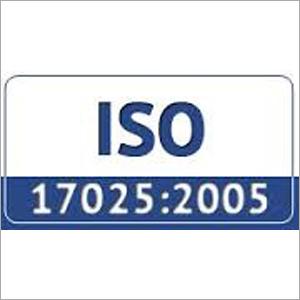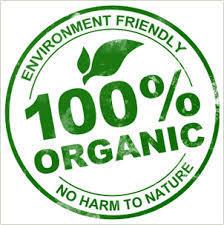USFDA Certification
Apply For USFDA Certification In Indore
Looking for comprehensive certification solutions? Shark Certification offers a wide range of services, including FSSC, BRC, HALAL, KOSHER, NGMO, GMP, USFDA, and ORGANIC. Let us guide you through the process.
About the U.S. FDA
The U.S. Food and Drug Administration (FDA) is a key federal agency under the United States Department of Health and Human Services. As part of the federal executive structure, the FDA plays a vital role in safeguarding public health by regulating a wide range of products including pharmaceuticals, food items, cosmetics, and medical devices.
The FDA is responsible for the approval and oversight of:
New pharmaceutical products, including biologics
Food and feed additives for humans and animals
Color additives used in consumables and cosmetics
Select categories of medical equipment and devices
To ensure that products entering the U.S. market meet stringent quality and safety standards, the FDA also conducts inspections in manufacturing units located outside the U.S., including facilities in India that export drugs and food items to the American market. These inspections are based on Current Good Manufacturing Practices (CGMP) standards set by the agency.
Compliance and FDA Inspections
During inspections, FDA officials assess the level of compliance with CGMP guidelines. If any deviations or concerns are observed, they are documented in Form 483. This form outlines specific areas of non-compliance and is discussed directly with the management team of the manufacturing facility.
Alongside the Form 483, the agency provides an Establishment Inspection Report (EIR), indicating whether any further action is necessary. Companies are expected to respond to the Form 483 within 15 working days. While the response is not legally required, submitting a detailed reply outlining corrective actions is highly recommended to avoid escalation.
If the response is inadequate or if violations are severe, the FDA may issue a Warning Letter. In critical cases, enforcement actions such as import alerts, product approval delays, or even revocation of manufacturing licenses can follow.
The FDA Approval Process
For a drug or high-risk medical device to receive FDA approval, the manufacturer must demonstrate that it is both safe and effective for its intended use. While the FDA itself does not conduct testing, it rigorously reviews the data and clinical trial results submitted by manufacturers. Approval is granted only after a thorough review by a multidisciplinary team of FDA experts—including statisticians, biologists, chemists, and clinicians.
Why FDA Compliance Matters for Indian Manufacturers
The U.S. remains one of the largest and most lucrative markets for pharmaceutical products. Over the past few decades, Indian pharmaceutical firms have gained a significant presence in the U.S. generics space. To maintain and grow this market share, ongoing compliance with FDA regulations is crucial.
Shark Certification Pvt. Ltd. – Your FDA Compliance Partner
At Shark Certification Pvt. Ltd., we specialize in helping pharmaceutical and medical device companies navigate the complex regulatory landscape of the U.S. FDA. Our goal is to provide tailored, efficient, and value-driven solutions that reduce compliance risks and enhance operational excellence.
Our team comprises seasoned professionals with deep experience in FDA regulations, global quality standards, and risk-based auditing approaches. We support clients from audit readiness to submission preparation—ensuring both compliance and business continuity.
Our Core Services
CGMP and Pre-Inspection Audits
Pre-Approval Inspection (PAI) Preparation
Quality Assurance and Control System Development
21 CFR Part 11 & GAMP 5 Compliance & Audit Support
IT System Validation and Audit Services
Quality Risk Management System Development
Process Analytical Technology (PAT) & Quality by Design (QbD)
Process Validation and Documentation
USFDA Audit Readiness Training
Regulatory Submission Support: 510(k), PMA, NDA, ANDA, IND, IDE, DMF, PAS
Specialized Expertise Areas
End-to-end Quality System Implementation & Gap Analysis
Data Integrity & Compliance Audits
Vendor and Third-Party Audits
Good Clinical Practice (GCP) Audits
Risk Assessments and Due Diligence Reviews
FDA Form 483 and Warning Letter Responses
GMP Compliance for Pharmaceuticals and Medical Devices
Partner with Shark Certification Pvt. Ltd.
With an unwavering focus on regulatory excellence and global health standards, Shark Certification Pvt. Ltd. is your trusted partner for U.S. FDA compliance. Whether you're preparing for your first inspection or responding to regulatory observations, we provide the guidance, expertise, and support needed to achieve and sustain compliance.
Send Message

